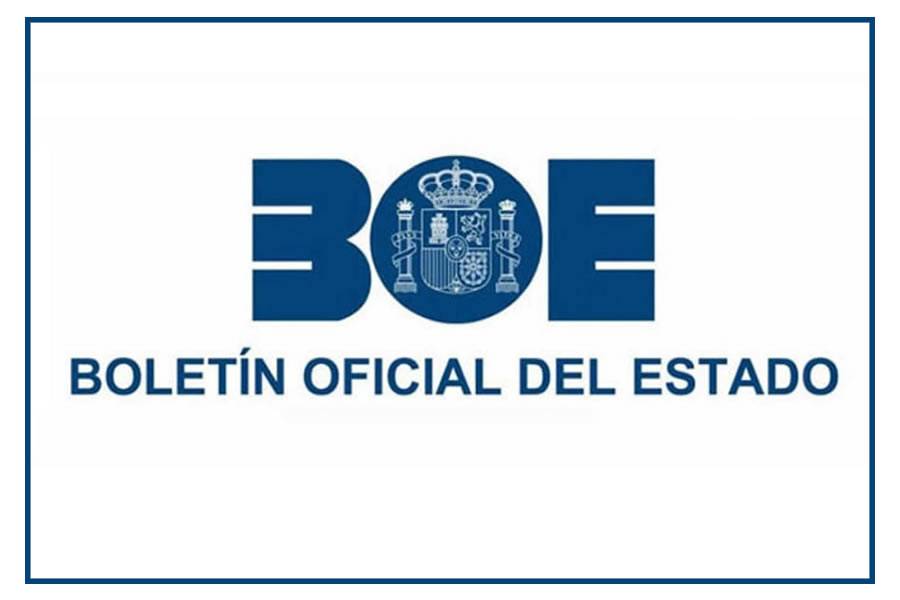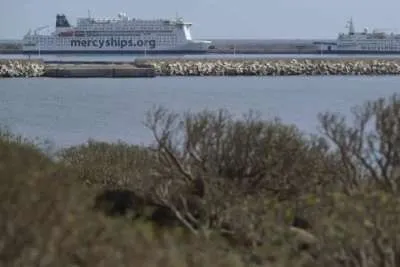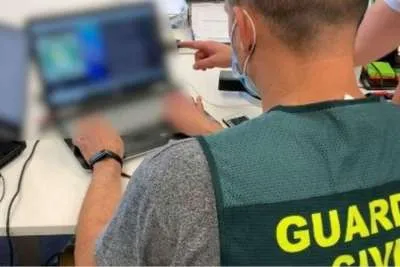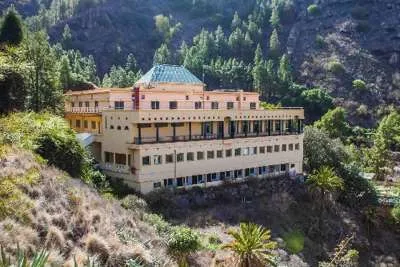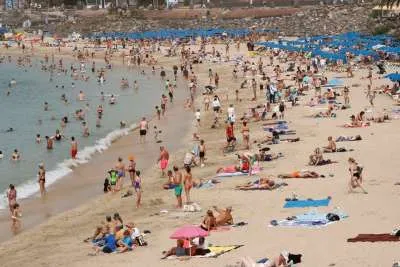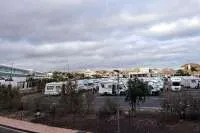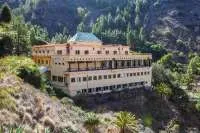OFFICIAL: The Government extends 20c fuel discounts until December 31st
- 26-06-2022
- National
- Canarian Weekly
The Spanish Government has acted to support families and businesses against the ‘Cost of Living Crisis’ by extending various forms of aid to counteract inflation and increases in consumer prices, including halving VAT on electricity and extending discounts on fuel prices, among others.
Just a few days before their ‘Anti-crisis Measures Plan’ to alleviate the effects of the war in Ukraine on the economy ends on Thursday, June 30th, the Council of Ministers held an emergency meeting yesterday (Saturday) to approve the extension of certain measures to protect households, industry, and companies from this rise in prices.
The new decrees, which have been published in the BOE today, have a budgetary cost of more than 9 billion euros. 5.5 billion of this is spending to apply the measures that protect families, companies, and the most affected sectors, and another 3.6 billion are benefits from tax cuts.
The main two that affect the bulk of families and industry, are the fuel discount and electricity prices, both of which have measures extended or new ones applied.
Fuel discount:
The reduction of 20 cents per litre of petrol, diesel, LPG, CNG, LNG, Bioethanol, and Biodiesel, is extended until December 31st 2022. 15 cents of this is being absorbed by the Government and 5 cents by the fuel companies.
This measure has cost the Government approximately 425 million euros per month since April 1st, and will have cost about 5.1 billion by the end of the year based on data obtained from the Tax Agency, which reveals that drivers used 34 billion litres of fuel in 2019, and is costing oil companies 140 million euros per month.
VAT rebate on electricity:
Another measure that has been approved, is a further reduction in VAT on electricity from the current 10% to 5%, which will mean a saving of about five euros on an average bill of 100 euros. The Government estimates that this cut means a reduction in their income of about 220 million euros each quarter.
It should be remembered that a year ago, when the price of electricity began to rise and stood at 85.73 euros per MWh, they lowered this VAT from 21 to 10%. Currently, and despite the measures that have been implemented, such as the gas price cap, the price per MWh exceeds 200 euros.
The rest of the measures related to electricity are also maintained, such as the extension of the social bonus discount, which is helping almost two million households, the suspension of the tax on the value of production, and the reduction to 0.5% of the tax of electricity.
Apart from these, other measures have also been implemented or extended to help counter the cost of living crisis.
Public transport discounts of up to 50%:
The Council of Ministers has approved a 50% reduction in the price of all monthly passes with state ownership (such as Renfe), in addition to a 30% reduction in passes that are owned by regional governments and municipalities, such as buses and trams, from September 1st to December 31st.
Regional Governments can exceed this 30% to also offer 50% reductions if they so wish.
Property rent increases are limited to 2%:
The limit on the rise in rents, that have to be reviewed during 2022, are only permitted to increase by IPC (Cost of Living) which is 2%.
This was one of the most welcomed measures in the first anti-crisis decree since it is not limited to certain vulnerable groups, but applies to all current rental contracts that have had to face a renewal since April.
The problem that many tenants had is that their landlords could demand an increase, due to the monthly rent from the IPC data of the previous month, more than 8%.
200 euros of direct aid to vulnerable families:
This will be available for families with an income of less than 14,000 euros a year, i.e. households that earn less than the minimum interprofessional salary, and can be applied for in July to be received in September.
This is available to employed or self-employed to help alleviate their situation given the high inflation.
Other articles that may interest you...
Trending
Most Read Articles
Featured Videos
TributoFest: Michael Buble promo 14.02.2026
- 30-01-2026
TEAs 2025 Highlights
- 17-11-2025


